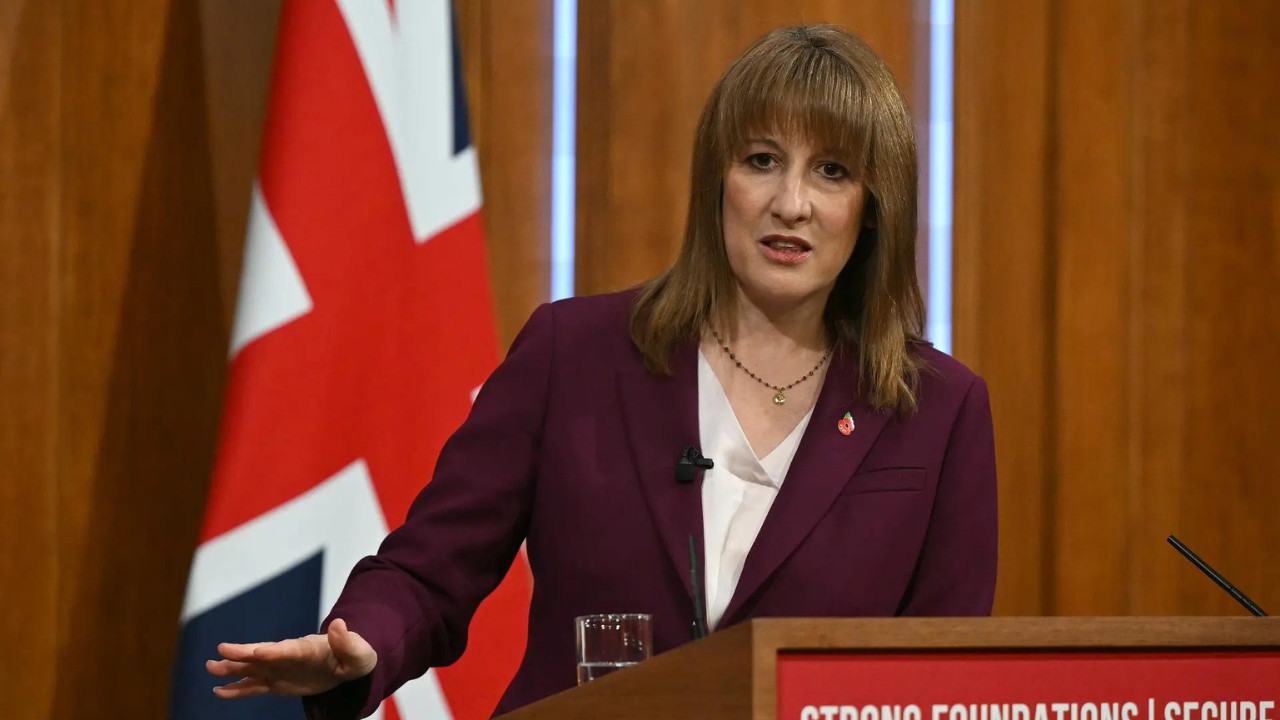Millions of UK workers will see their pay rise from April with new minimum wage rates confirmed. Over-21s will earn £12.71 per hour, while younger workers and apprentices also receive significant increases. Chancellor Rachel Reeves highlighted the move as crucial for those on low incomes, though businesses warn of rising costs and potential inflation.
The UK Pocketbook Gets a Boost: Minimum Wage Rises and the Ripple Effect
Brits, get ready for a slightly thicker wallet! As of April, the UK has ushered in a new era for its lowest-paid workers, with a significant hike in the national minimum wage. We’re talking about a change that’s impacting the lives of around 2.7 million people across the country. But what does this mean beyond a few extra quid in the bank? Let’s unpack it.
The headline is simple: more money in the hands of those who need it most. The exact figures vary depending on age, but the general trajectory is upward. This isn’t just a token gesture; it’s a real attempt to address the cost-of-living pressures squeezing households nationwide. Imagine the relief of knowing you have a little more breathing room each month to cover essentials, or maybe even treat yourself now and then. That’s the potential power of this wage boost.
But it’s not just about individuals. The potential ramifications for the wider economy are considerable. Increased spending power at the lower end of the income spectrum could fuel demand and give a shot in the arm to businesses, particularly those catering to everyday needs. Think local shops, cafes, and service providers – they could see a direct benefit as people feel more confident about opening their wallets. This increased confidence also may help workers afford better transportation costs.
Navigating the Rising Tide: Business Concerns About the UK Minimum Wage
Of course, no economic shift happens in a vacuum. While the wage increase is undoubtedly welcome news for millions, businesses are also bracing themselves. The most obvious concern? Higher labor costs. Employers, especially those in sectors reliant on minimum wage earners (hospitality, retail, care sector, etc.) will need to adjust their budgets to accommodate the increase.

Some businesses might absorb the costs by improving efficiency or accepting slightly lower profit margins. Others might be forced to raise prices on goods and services to compensate. And that’s where things get tricky. Price hikes could erode some of the benefits of the wage increase, contributing to further inflationary pressure. It’s a delicate balancing act. Businesses are looking for ways to avoid further burdening their customers.
The impact will also vary depending on the size and financial health of the business. Large corporations with deep pockets are likely better equipped to handle the change than small, independent businesses already operating on tight margins. This could lead to further consolidation in certain sectors, as smaller players struggle to compete.
Beyond the Paycheck: The Bigger Picture
The debate around the UK Minimum Wage isn’t just about pounds and pence. It’s about the kind of society we want to build. Do we prioritize profit margins above all else, or do we strive for a fairer distribution of wealth and opportunity?
Raising the minimum wage is a statement of values. It’s an acknowledgement that everyone deserves a living wage, one that allows them to meet their basic needs and participate fully in society. It’s also an investment in human capital. When people earn a decent wage, they’re more likely to be motivated, productive, and engaged in their work.
But a higher minimum wage is not a silver bullet. It needs to be part of a broader strategy to tackle poverty and inequality, including investments in education, training, affordable housing, and childcare.
Charting the Course Ahead
The coming months will be crucial in determining the long-term impact of this wage increase. Will it genuinely improve the lives of millions of workers? Will it stimulate economic growth? Or will it lead to unintended consequences, such as higher prices and job losses?
Only time will tell. But one thing is certain: the conversation about fair wages and economic justice is far from over. We need to continue to explore innovative solutions to create a more inclusive and prosperous society for all. What other approaches can be taken to help make the UK’s economy sustainable? Could the implementation of a universal basic income be a possibility? Read more about the UBI’s viability [here](insert internal link).
This increase in minimum wage shows that the UK is attempting to build a more equitable economy.







